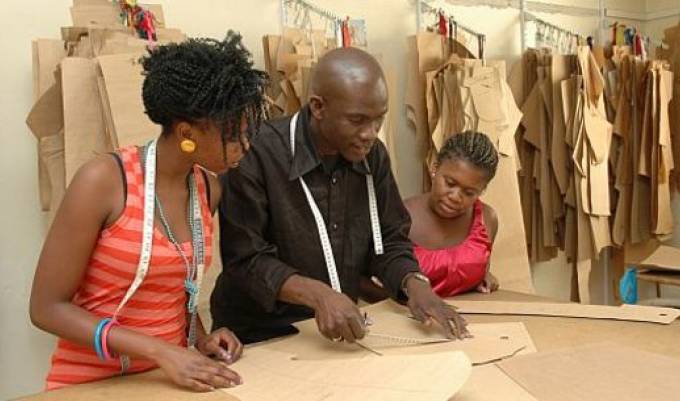Players in the SMEs sector want government to refocus on strengthening the enabling environment for small enterprises to thrive.
Executive Vice President of the African Centre for Economic Transformation (ACET), Mavis Owusu-Gyamfi, told the B&FT that such an enabling environment must not focus on the usual macro policies but more especially on micro-policies. “Government must look at agriculture, manufacturing sectors, and reassess the policies and regulations which are hindering business growth in those areas,” she said.
The SME sector in Ghana, according to the Oxford Business Group, accounts for 85 percent of manufacturing jobs – with agricultural enterprises comprising a large part of the SME market.
But Mavis Owusu-Gyamfi said ACET would like to see government execute deliberate policies which develop the sector to employ many people in the value chain. This, she maintained, is the only way to grow the sector in order to make it more attractive for young investors to venture into bankable projects which can access the required financing schemes.
“We believe, however, that transformation does not take place in a vacuum. It happens when countries diversify their production and exports, boost competitiveness in the world markets, upgrade technology and increase the share of manufacturing in GDPs,” said the ACET Executive Vice President.
Meanwhile, government has targetted some GH¢100billion of spending and investment inflows from this year 2021 to 2023, to finance key initiatives in the SMEs sector – with 70 percent of that amount expected to come from the private sector.
Indeed, a key focus of the Ghana CARES programme is supporting the private sector to become a partner in the creation of formal sector employment.
However, major challenges – including the lack of credit facility for small and medium enterprises, inadequate infrastructure, low managerial skills, low technological levels/upgrading, weak institutional and regulatory framework and globalisation – still persist in the country’s SMEs sector.
These various challenges have pushed the survival rate of small and medium enterprises in Ghana to have an existence rate of only 60 percent beyond 5 years in operation.










